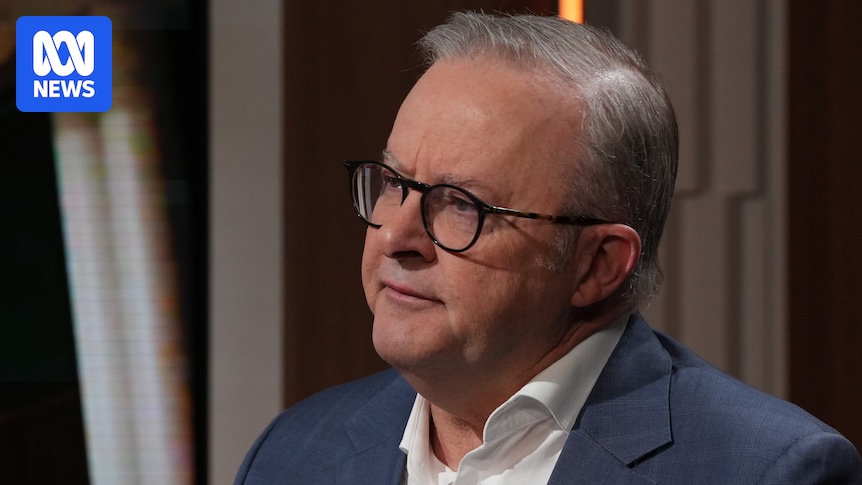The prime minister says Australia would not recognise a Palestinian state "imminently" but would "work constructively" towards doing so.
Why it matters
- Prime Minister Albanese's comments reflect a significant shift in Australia's foreign policy regarding the Israeli-Palestinian conflict.
- The statement indicates a willingness to engage in dialogues that may pave the way for future recognition of Palestinian statehood.
- This development could influence Australia's diplomatic relationships in the Middle East and its role in global humanitarian efforts.
In a noteworthy declaration, Prime Minister Anthony Albanese has stated that Australia will not be recognizing a Palestinian state in the immediate future; however, his government is committed to working constructively towards that goal. This announcement came during a recent press conference, where Albanese emphasized the need for dialogue and cooperation in addressing the ongoing conflict between Israel and Palestine.
Albanese's remarks come at a critical time when the dynamics of the Middle Eastern geopolitical landscape are rapidly changing. His government acknowledges the complex realities on the ground, asserting that while immediate recognition of Palestine is not on the table, the country is prepared to engage in meaningful discussions that could eventually lead to a formal acknowledgment of Palestinian statehood.
The Prime Minister's stance is particularly significant given the historical context of Australia's foreign policy in the region. Traditionally, Australia has aligned closely with Israel, and this shift could signal a new approach that seeks to balance its relationships with both Israel and Palestine. Albanese highlighted the importance of respecting international law and the need for both parties to work towards a peaceful resolution of their long-standing differences.
In his address, Albanese did not shy away from criticizing actions that violate international norms, suggesting that certain Israeli practices are inconsistent with global legal frameworks. This assertion underscores his administration's commitment to a rules-based international order and its willingness to call out transgressions, even from its allies. The Prime Minister noted that fostering peace will require hard conversations and a steadfast commitment to justice for all parties involved.
The Australian government’s evolving position on Palestinian statehood represents a broader trend among several Western nations that are increasingly advocating for Palestinian rights. As international attention remains focused on the plight of Palestinians, Australia’s future contributions to peace talks could help shape a more balanced view that seeks justice and security for both Israelis and Palestinians.
Critics, however, caution that the government must tread carefully to avoid alienating its traditional allies while also advocating for human rights. The balance of supporting Israel's right to exist and recognizing the legitimate aspirations of Palestinians presents a diplomatic tightrope for the Albanese administration. Observers will be watching closely to see how this new approach influences Australia’s role in future negotiations and its standing within international forums that address the Israeli-Palestinian conflict.
The Prime Minister's comments also open the door for further discussions on humanitarian aid and support for Palestinian communities, emphasizing Australia’s commitment to a peaceful resolution that respects the rights and dignity of all individuals. By indicating a willingness to engage constructively, Albanese is positioning Australia as a potential mediator in future peace talks, a role that could enhance its reputation on the global stage.
As diplomatic relations evolve, the implications for Australia's foreign policy will be significant. The government's approach could lead to a more nuanced understanding of the Middle East conflict among Australian citizens and policymakers alike. It is essential for the administration to communicate clearly about its intentions and the steps it plans to take moving forward in this complex political landscape.
In summary, Prime Minister Albanese's declaration marks a pivotal moment in Australia's stance on Palestinian statehood. With a commitment to constructive dialogue and an acknowledgment of international law, the government is setting the stage for potential future recognition of Palestine, a move that could reshape Australia's diplomatic engagement in the Middle East and its global humanitarian efforts.











